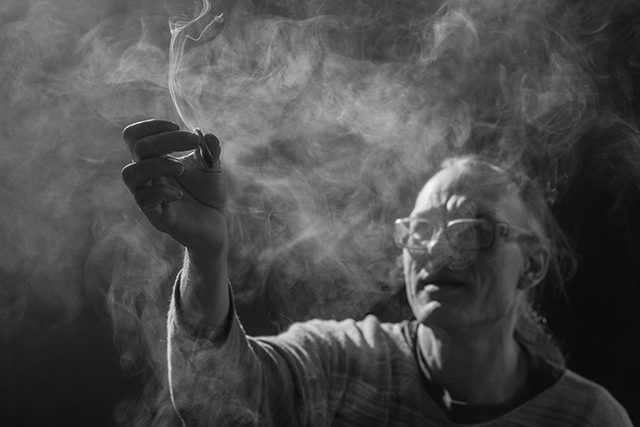With most recreational producers and retailers in the cannabis sector struggling to make a profit, there is very little incentive to save the medical cannabis program amongst them. It is hard to blame the recreational cannabs industry for wanting the business, given how various levels of government are making it very difficult to turn a profit in what should be a flourishing industry. Most companies that started in the old Access to Cannabis for Medical Purposes Regulations (ACMPR) are now primarily in the recreational market ready to dismantle the medical market and to shut down their medical division entirely and focus on recreational sales.
As I write this article, word is spreading about Truro Cannabis sending letters to its patients, advising them that the company is phasing out its medical division to focus on recreational sales. I fear it is a sign of things to come and represents a grander trend stimulated by ineffective government policies that incentivizes the recreational market to dismantle the medical cannabis market.
Though the Licensed Producer model was created for the medical cannabis program initially, the Cannabis Act added no improvements for patients. Health Canada did not create any incentives for the industry to provide high quality products or lower prices for people with authorization from their doctor to use cannabis for medical purposes when cannabis was made legal in 2018. Indeed, now with the Cannabis Act review, there is a real danger the entire medical program could be eliminated if enough citizens do not speak out before Nov 21.
Click here to access the Cannabis Act Survey
Not even five years into legalization and most companies eager to get into this new industry early have found themselves in serious financial trouble. They are paying extraordinary taxes and licensing fees, constantly completing redundant reporting forms, competing with government owned stores, heavily restricted from advertising, and overwhelmed with far too many producers and storefronts for the size of the market. The largest LPs have lost tens of billions of dollars in value, small producers have struggled to get noticed by consumers and retail stores across the country are verging on bankruptcy because of small profit margins, combined with too much legal and ilegal competition.
Beginning in 2004, patients had access to cannabis from Praire Plant Systems, and then a number of corporations after Health Canada opened up the market in 2013 with the Marihuana for Medical Purposes Regulations (MMPR) replacing the original Medical Marihuana Access Regulations (MMAR). When that change was made, the federal government tried to remove personal licenses to grow in favour of the regulated industry but a group of patients fought back and won, forcing Health Canada to reinstate the program. While the fledgling LPs were careful not to make any public statements expressing disappointment, no doubt this was considered a setback by companies primarily interested in profit.
Initially these corporations were keen to produce a range of CBD products, capsules and other products designed for medical use. However, most of these products have been priced far higher than cost, with companies counting on making profits based on prices comparable or higher than what the black market has traditionally charged. Now these businesses are taking products off their menu in an effort to save costs.
Another cost LPs have to cover is providing information and advice to patients using these products, many of whom are just learning about cannabis for the first time. While most corporations initially had employees answering phone calls, over time the majority have switched to email. Regardless, these businesses find the extra expense of training and employing people to answer complicated medical questions hurts their bottom line and want to shut down that division, especially companies that offer a compassionate price break for low income patients.
Cannabis retailers are forbidden from giving any medical advice to customers looking for products that will be best for their anxiety, sleeping disorders, cancer, etc. Some retailers are in the process of removing products like capsules, salves and tinctures, as they are not selling very quickly and patients tend to take a lot of time trying to get information out of staff about products they know very little about. Even if staff were allowed to discuss medical uses of cannabis most retailers would likely refrain from adding it to their services as it would require extensive training for staff compared to the simple accreditation system currently in use for registering budtenders.
Shutting down the medical program would be a huge benefit to these recreational companies that are ready to dismantle the medical market. Patients that grow their own medicine with a licence, or have a designated grower, would be forced to purchase cannabis from a retail store. Since most patients that have a licence to grow often use above average amounts of cannabis products, their purchases could add a substantial amount of revenue into the legal system. It would also be a blow to the black market, which often takes advantage of the medical program.
Profit is the goal of business. With Health Canada seriously considering the removal of the medical cannabis program, almost every corporation in this industry is gleeful at the prospect of improving their revenue. The only thing that will stop that from happening is a outcry from patients and the public to save the medical pprogram.



